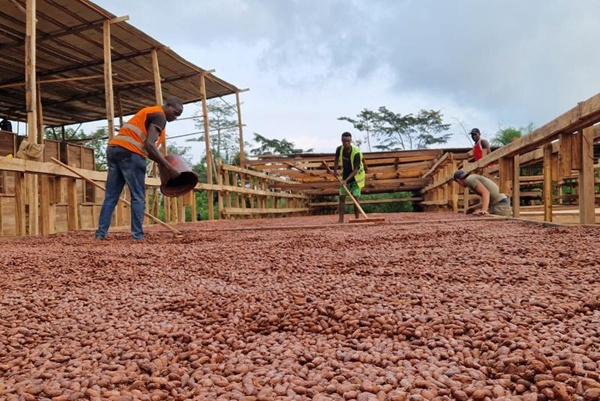Agricultural and agri-food exports from the Democratic Republic of Congo (DRC) reached a record $433 million in 2024, according to a recent report from the U.S. Department of Agriculture (USDA), which cited data from the Trade Data Monitor (TDM) platform. The figure compares with around $300 million in 2023 and less than $250 million in 2020.
While the report does not specify the exact factors behind this growth, it highlights that coffee and cocoa two of the DRC's top agricultural exports, and wood is the third saw substantial price increases in international markets last year.
The average annual price for Arabica rose to $4,099 per tonne in 2024, up 7.89% year-on-year. Robusta, which comprises over 70% of Congolese coffee production, reached an all-time high of $5,528 on November 28, 2024, closing the year with an average price of around $5,000 per tonne, up from approximately $2,400 at the start of 2024.
Cocoa prices also surged dramatically, climbing from $3,855 per tonne at the beginning of 2024 to $12,931 on the New York Stock Exchange by December 18 up by 172%.
Despite these impressive export figures, the USDA report indicates that the DRC remains in a trade deficit. Agricultural and food imports exceeded $1.9 billion in 2024, resulting in a deficit of about $1.46 billion. President Félix Tshisekedi noted in his State of the Nation address on December 11, 2024, that food imports cost the country approximately $3 billion annually.
This trade imbalance both strains the DRC's foreign currency reserves and highlights opportunities for developing local agricultural production to reduce reliance on imports. With over 80 million hectares of arable land available, there is considerable potential for growth in domestic agriculture.
According to TDM data for 2023, key food imports include palm oil, wheat, vegetables, meat, and dairy products. The DRC primarily sources food from the European Union, Zambia, Brazil, South Africa, and Namibia.
Espoir Olodo










